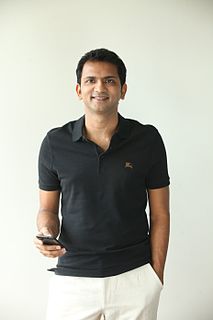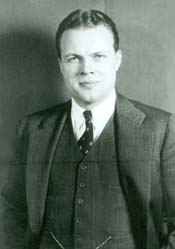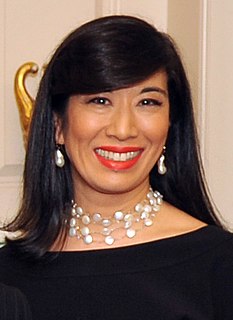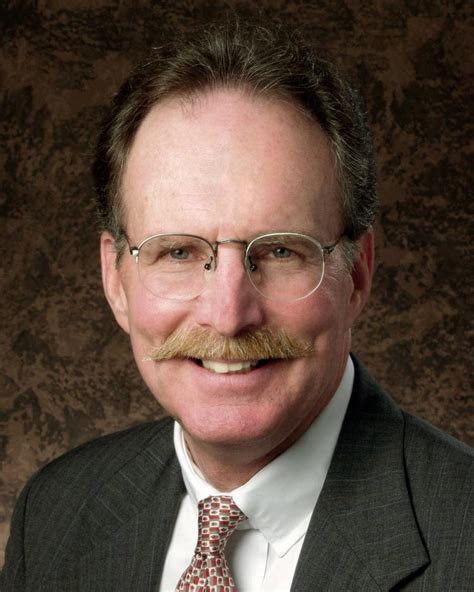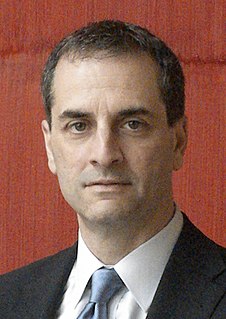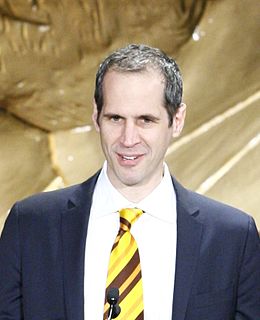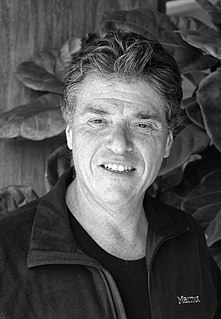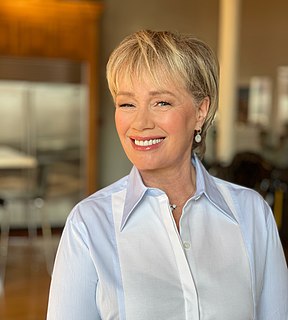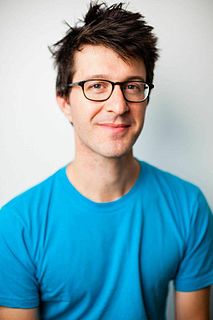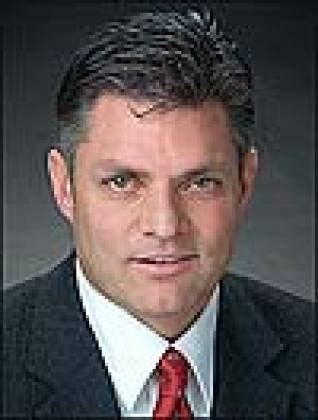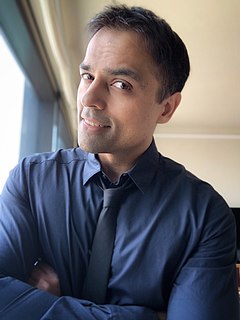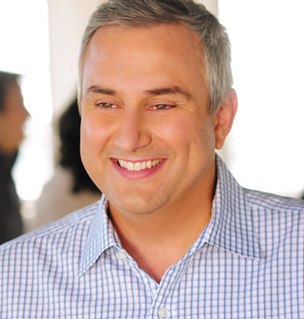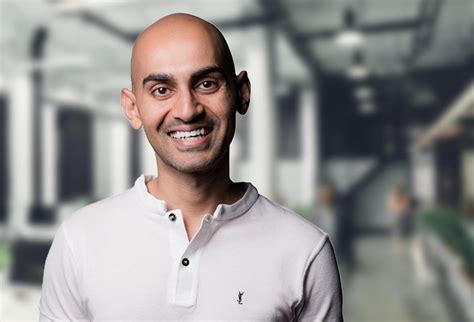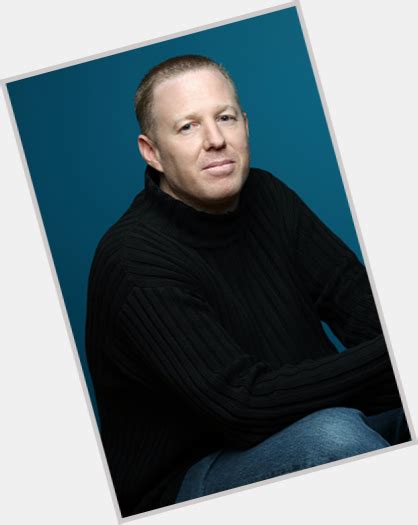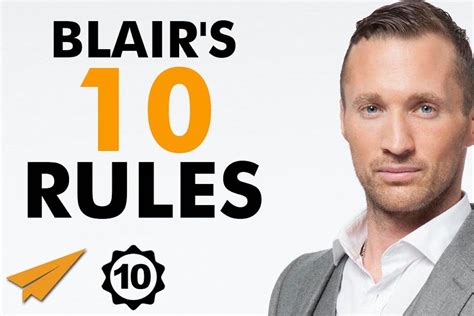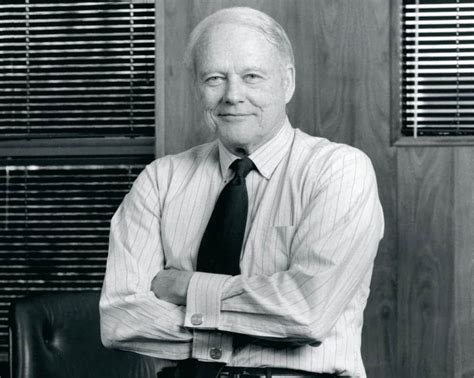A Quote by Bhavin Turakhia
Never compromise on hiring the best talent. Build value, not valuation. We have never used tactics like giving discounts, cashback to make customers use our product. This way no one can create a sustainable business.
Related Quotes
If you have a strong business idea, then it is comparatively easy now to get capital. It is a positive thing that increasingly more people want to join the startup bandwagon. However, to build a successful business, focus on creating more value through the product, and direct your efforts on solving real issues. If you manage to build a sustainable product, revenue will follow. A lot of startups fail because they concentrate on incremental innovations, increasing user base, and monetisation before strengthening the core of their business.
Customers are a great way to finance a business for many reasons. First, customer financing is typically non dilutive. They want something from you other than equity in your business. Customers also help you fit your product to the market. And customers will help debug and improve the quality of the product.
My goal is to create a sustainable long-term business that, we're committed to print, we're rooted in print, but we're expanding into digital and into modernizing the way we sell to customers through e-commerce and things like that. And it requires different skill sets; it requires different ways of doing business.
Valuations are always much-debated. I try to center on what is the value to us. Is it solving a problems for us? If it is, we find a way to proceed. If the valuation has been overhyped on something and it doesn't make sense, we won't. It's very simple for me. I tend not to worry too much about the valuation. It's really what the value is to us.
When the functionality of a product or service overshoots what customers can use, it changes the way companies have to compete. When the product isn't yet good enough, the way you compete is by making better products. In order to make better products, the architecture of the product has to be interdependent and proprietary in character.
